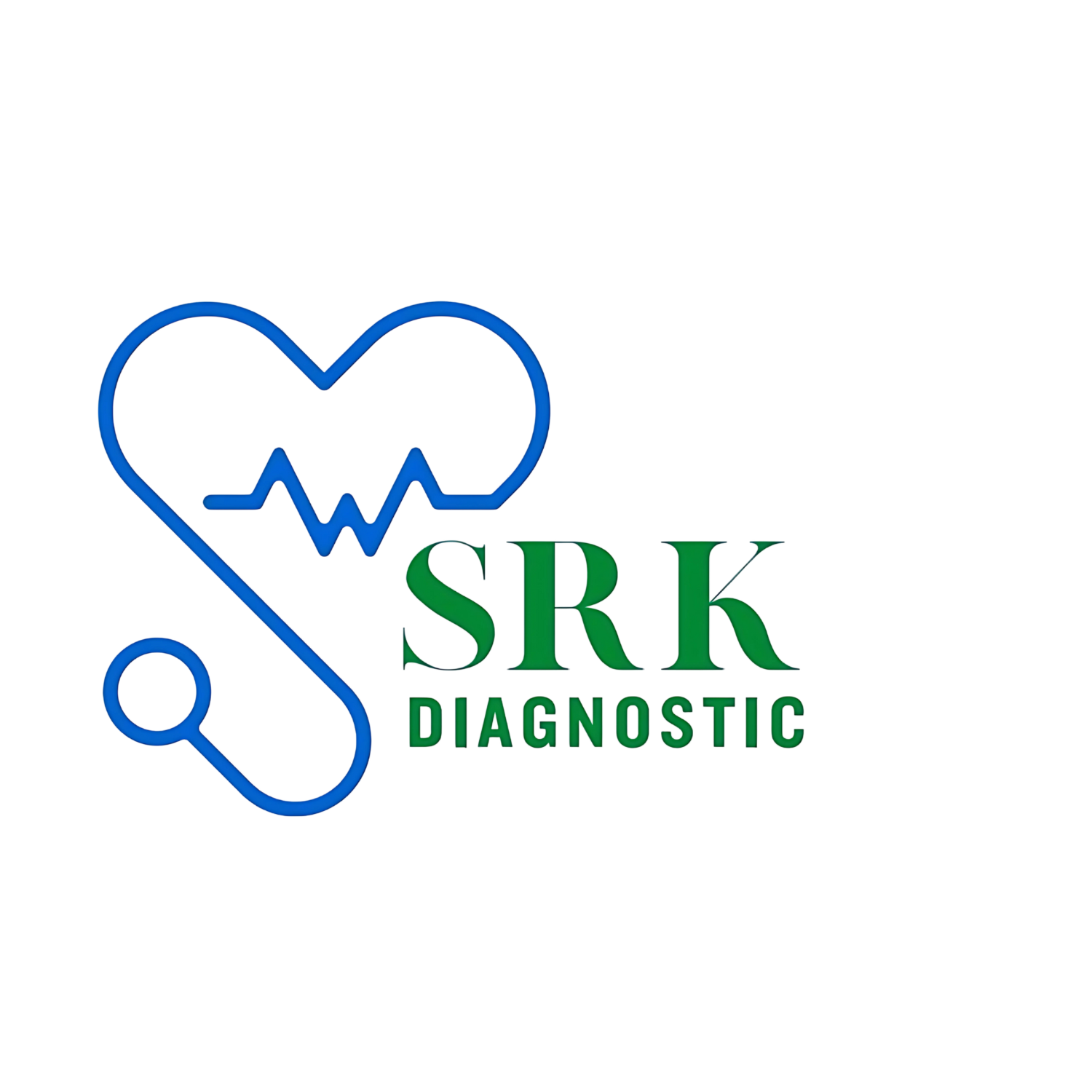
CTMT (Comprehensive Trail-Making Test)
The Comprehensive Trail-Making Test (CTMT) is a neuropsychological assessment used to evaluate cognitive flexibility, attention, processing speed, and executive function. It consists of a series of visually-based tasks where individuals connect numbered and/or lettered sequences in a specific order. This test is widely used in clinical and educational settings to assess brain function in individuals with neurological conditions, learning disabilities, or cognitive impairments. The CTMT helps identify deficits related to brain injury, dementia, or other cognitive disorders, aiding in diagnosis and treatment planning.

Comprehensive Trail-Making Test (CTMT)
The Comprehensive Trail-Making Test (CTMT) is a widely used neuropsychological assessment designed to measure cognitive abilities such as attention, processing speed, cognitive flexibility, and executive functioning. This test is particularly beneficial for evaluating individuals with neurological conditions, learning disabilities, or cognitive impairments. The CTMT is an advanced version of the traditional Trail Making Test (TMT), offering a more detailed and structured approach to assessing brain function across different age groups.
Structure and Administration
The CTMT consists of five visual-motor tasks that require individuals to connect a series of numbered and/or lettered stimuli in a sequential order as quickly and accurately as possible. These tasks increase in complexity and are designed to challenge different aspects of cognitive functioning. The test is typically administered using paper-and-pencil or computerized versions, with time constraints to evaluate speed and accuracy.
During the assessment, the individual is asked to complete the trails in a specified sequence, such as connecting numbers in ascending order (e.g., 1-2-3) or alternating between numbers and letters (e.g., 1-A-2-B-3-C). The test requires strong visual scanning abilities, motor coordination, and mental flexibility, making it a useful tool for assessing executive dysfunction. The total time taken to complete each trail and the number of errors made are recorded and analyzed to determine the individual’s cognitive performance.
Applications and Uses
The CTMT is widely used in clinical, educational, and occupational settings to assess cognitive abilities in individuals of different ages. It is particularly helpful in diagnosing and monitoring conditions such as:
- Traumatic Brain Injury (TBI): The CTMT helps identify impairments in cognitive processing speed and executive function caused by brain injuries. Individuals with TBI often struggle with attention, problem-solving, and working memory, which can be detected through the test.
- Neurodegenerative Disorders: It is frequently used to assess cognitive decline in individuals with Alzheimer’s disease, Parkinson’s disease, and other forms of dementia. The test helps detect early signs of cognitive impairment and track changes over time.
- Learning Disabilities: In educational settings, the CTMT is used to evaluate students with attention-deficit/hyperactivity disorder (ADHD), dyslexia, and other learning difficulties. Poor performance on the test may indicate difficulties with attention, working memory, or processing speed.
- Psychiatric Disorders: The test is also valuable in assessing individuals with schizophrenia, depression, or anxiety disorders, as these conditions can impact cognitive flexibility and executive function.
Interpretation of Results
Scores from the CTMT are compared to normative data based on age, allowing clinicians to determine whether an individual’s performance falls within the normal range or indicates cognitive impairment. A lower-than-expected performance may suggest deficits in executive functioning, attention, or processing speed. The test results help guide treatment planning, rehabilitation strategies, and educational interventions tailored to the individual’s cognitive needs.
Conclusion
The Comprehensive Trail-Making Test (CTMT) is a highly effective tool for assessing cognitive function in various populations. Its structured approach and ability to measure multiple aspects of cognition make it a valuable resource for clinicians, educators, and researchers. By identifying cognitive deficits early, the CTMT contributes to more accurate diagnoses and targeted interventions, ultimately improving outcomes for individuals with cognitive challenges.
FAQs
1. What is the Comprehensive Trail-Making Test (CTMT)?
The Comprehensive Trail-Making Test (CTMT) is a neuropsychological assessment that evaluates cognitive flexibility, attention, processing speed, and executive functioning.
2. What is the purpose of the CTMT?
The CTMT is used to assess brain function, attention deficits, visual-motor coordination, and cognitive impairments related to neurological conditions or brain injuries.
3. Who can take the CTMT?
The test is suitable for children (ages 8 and up), adolescents, and adults. It is commonly used for neurological evaluations, academic assessments, and cognitive testing in older adults.
4. How is the CTMT conducted?
The test consists of five visual-motor tasks, where the individual must connect numbers or letters in a specific sequence as quickly and accurately as possible.
5. How long does the CTMT take?
The test usually takes 5 to 15 minutes, depending on the individual’s speed and accuracy.
